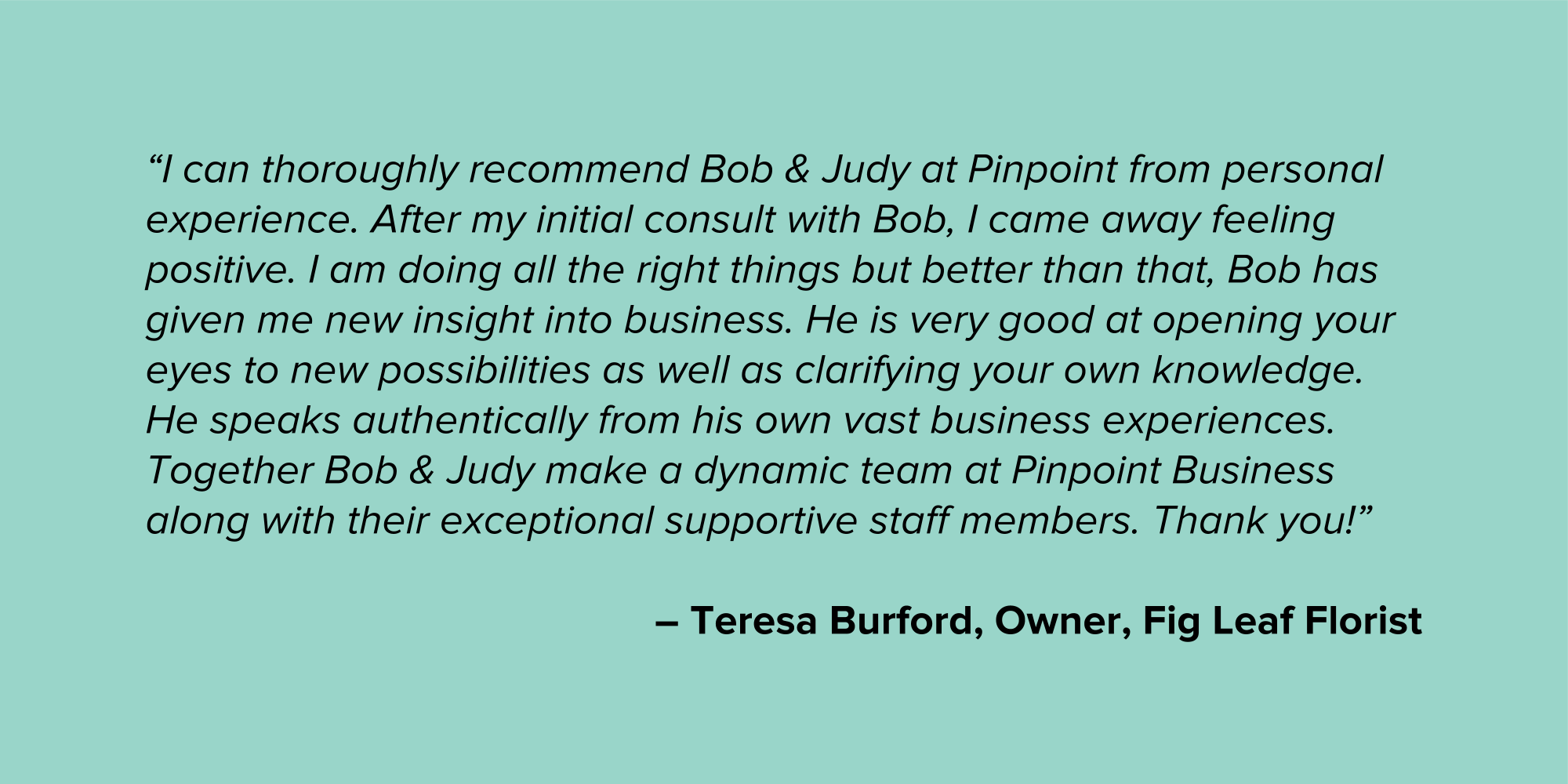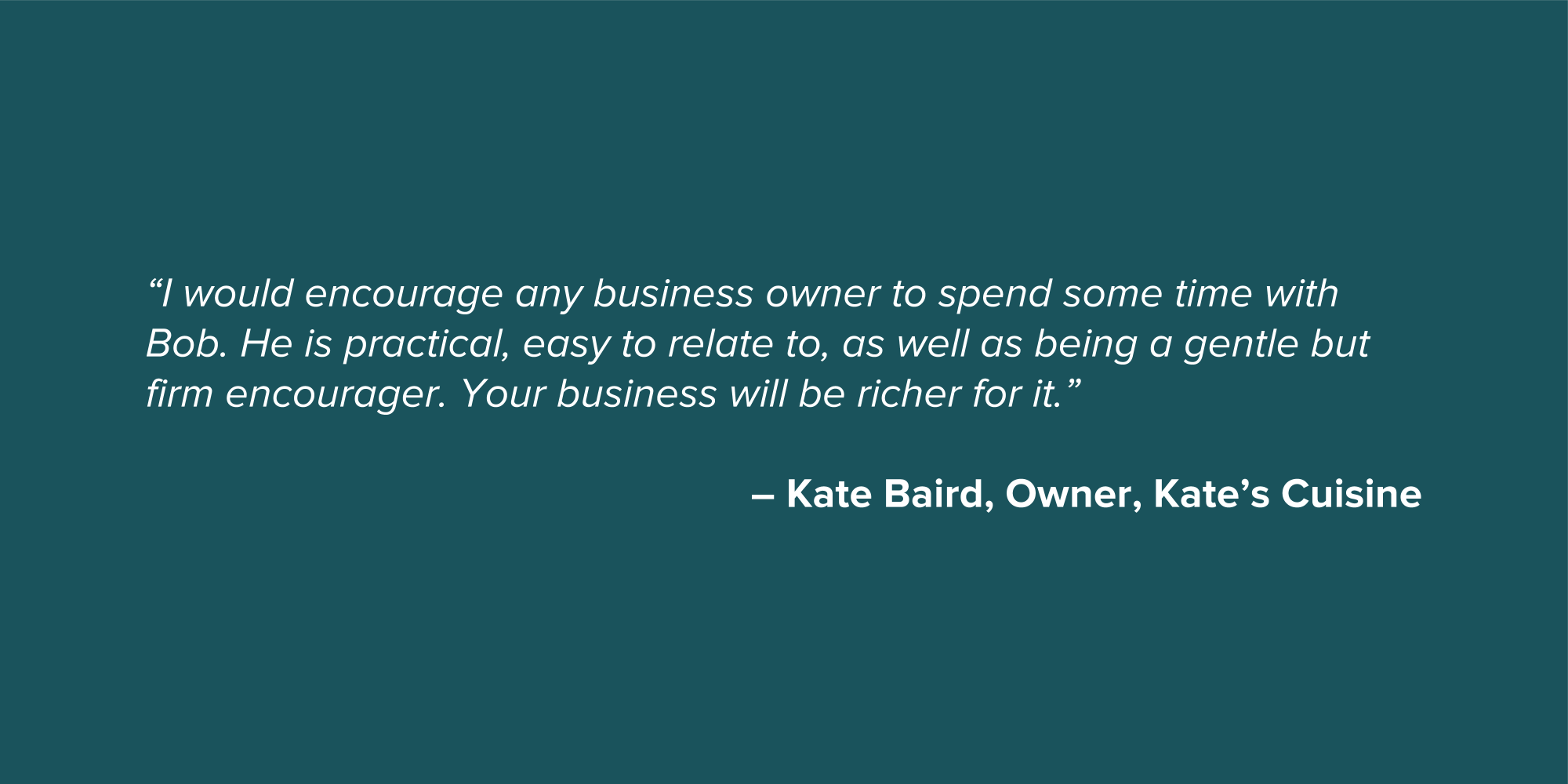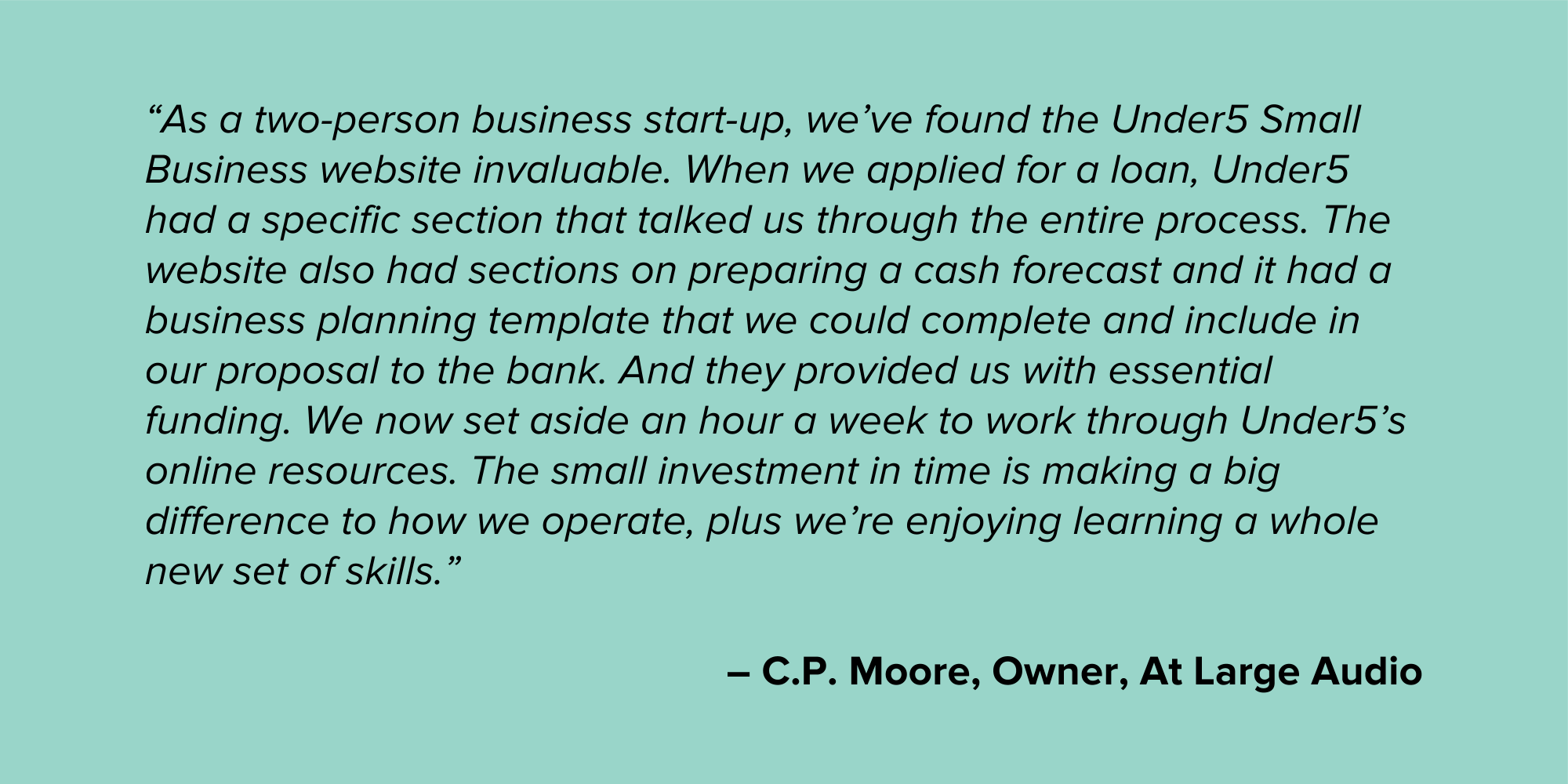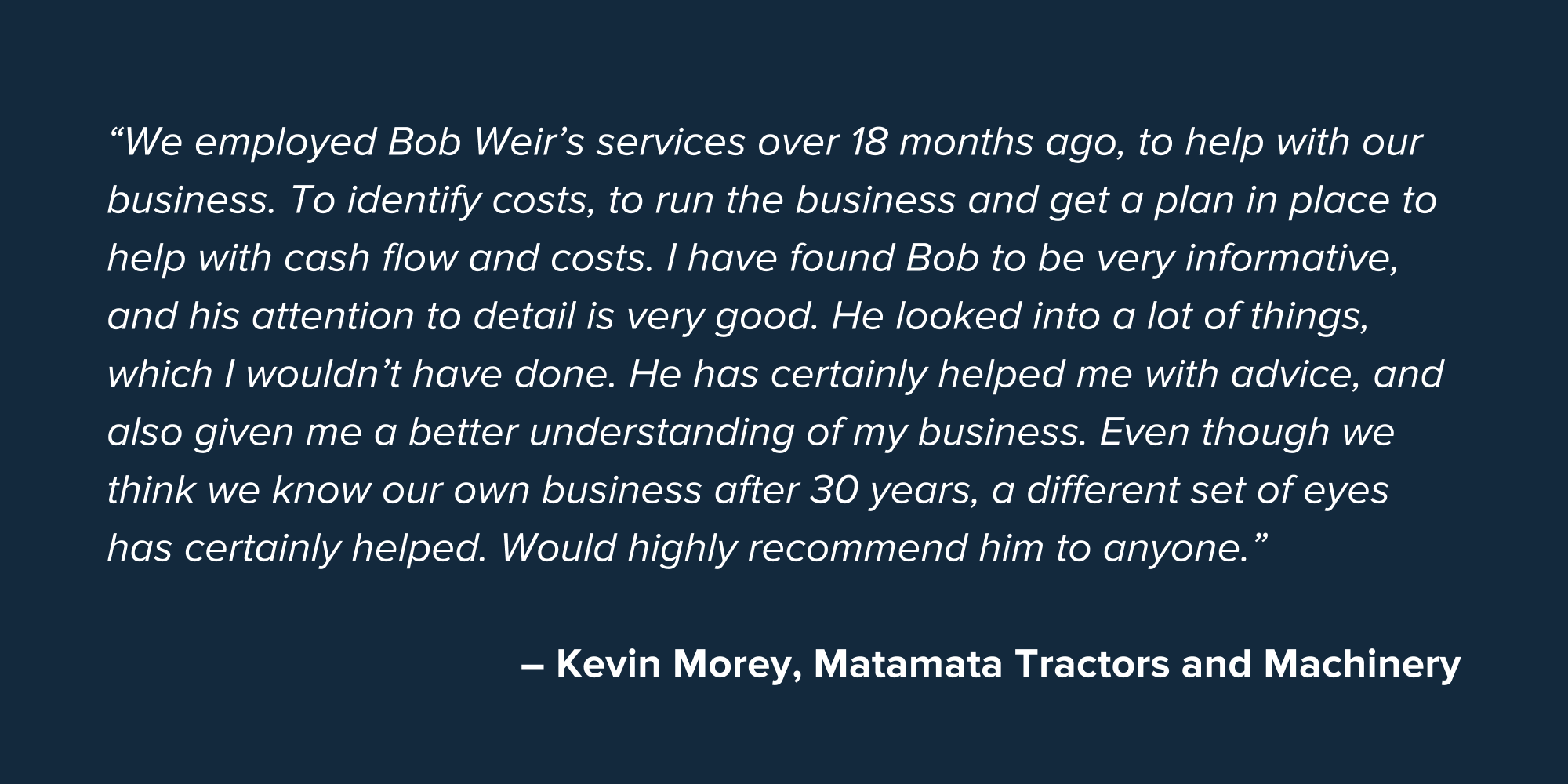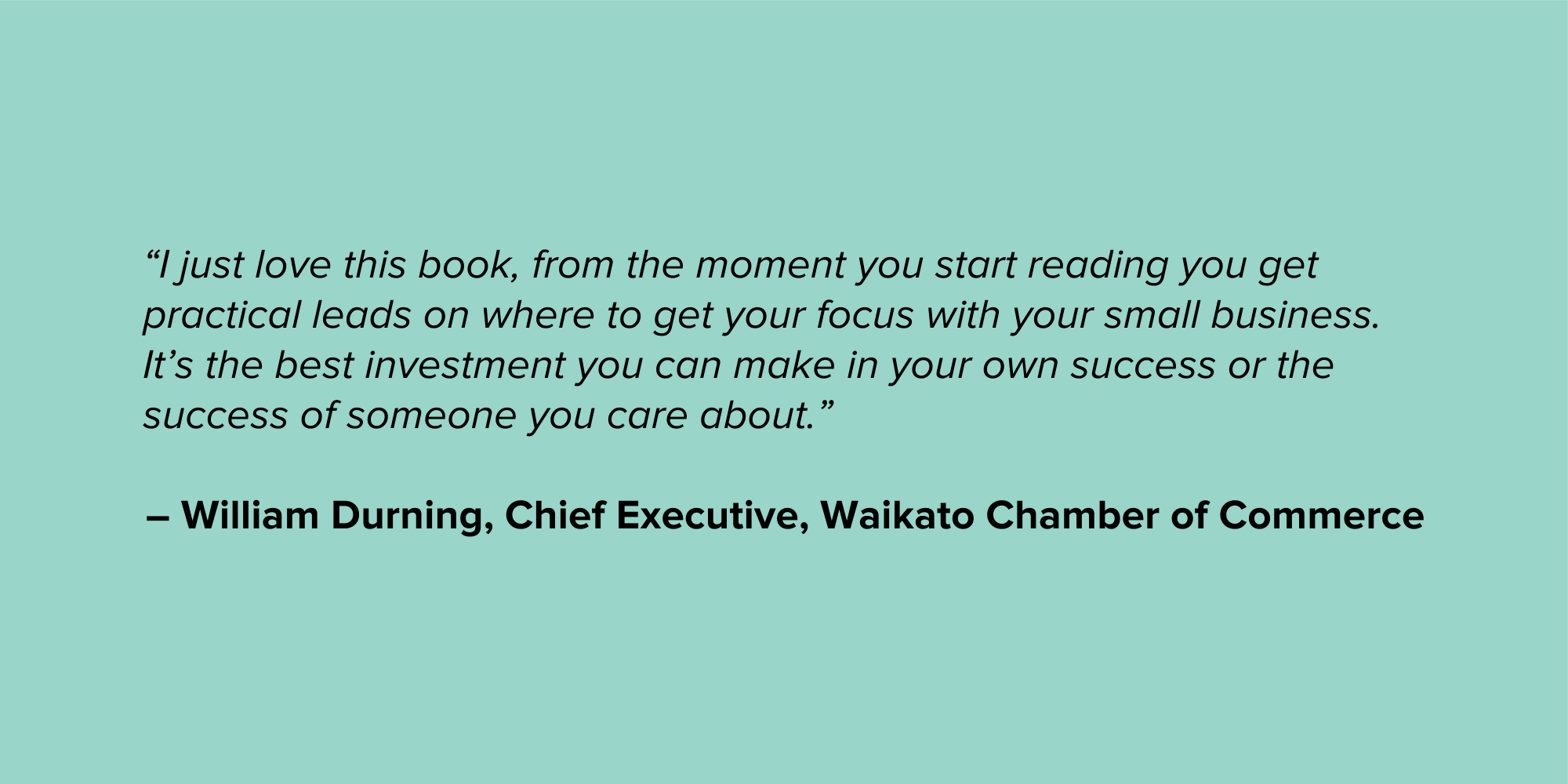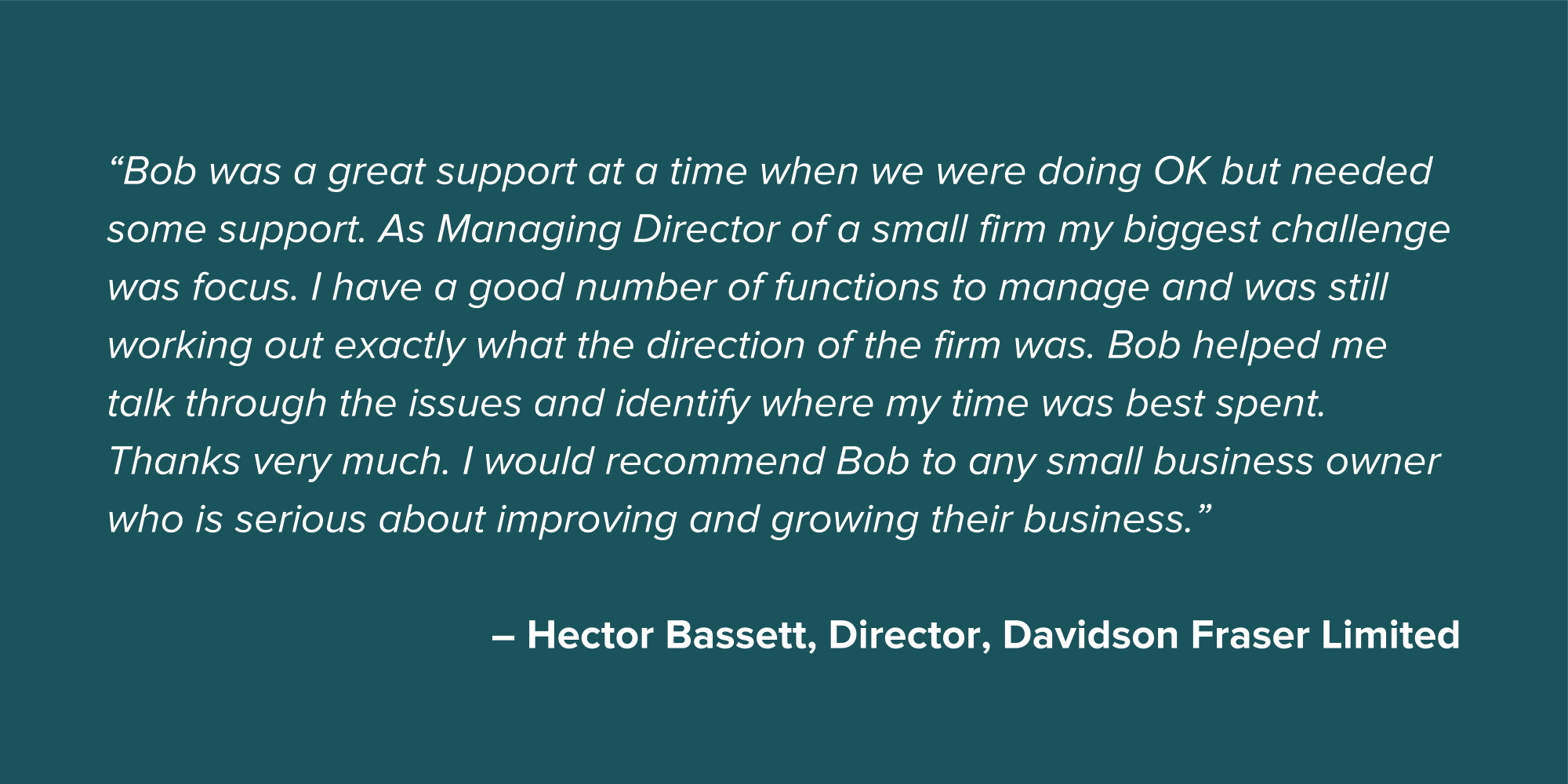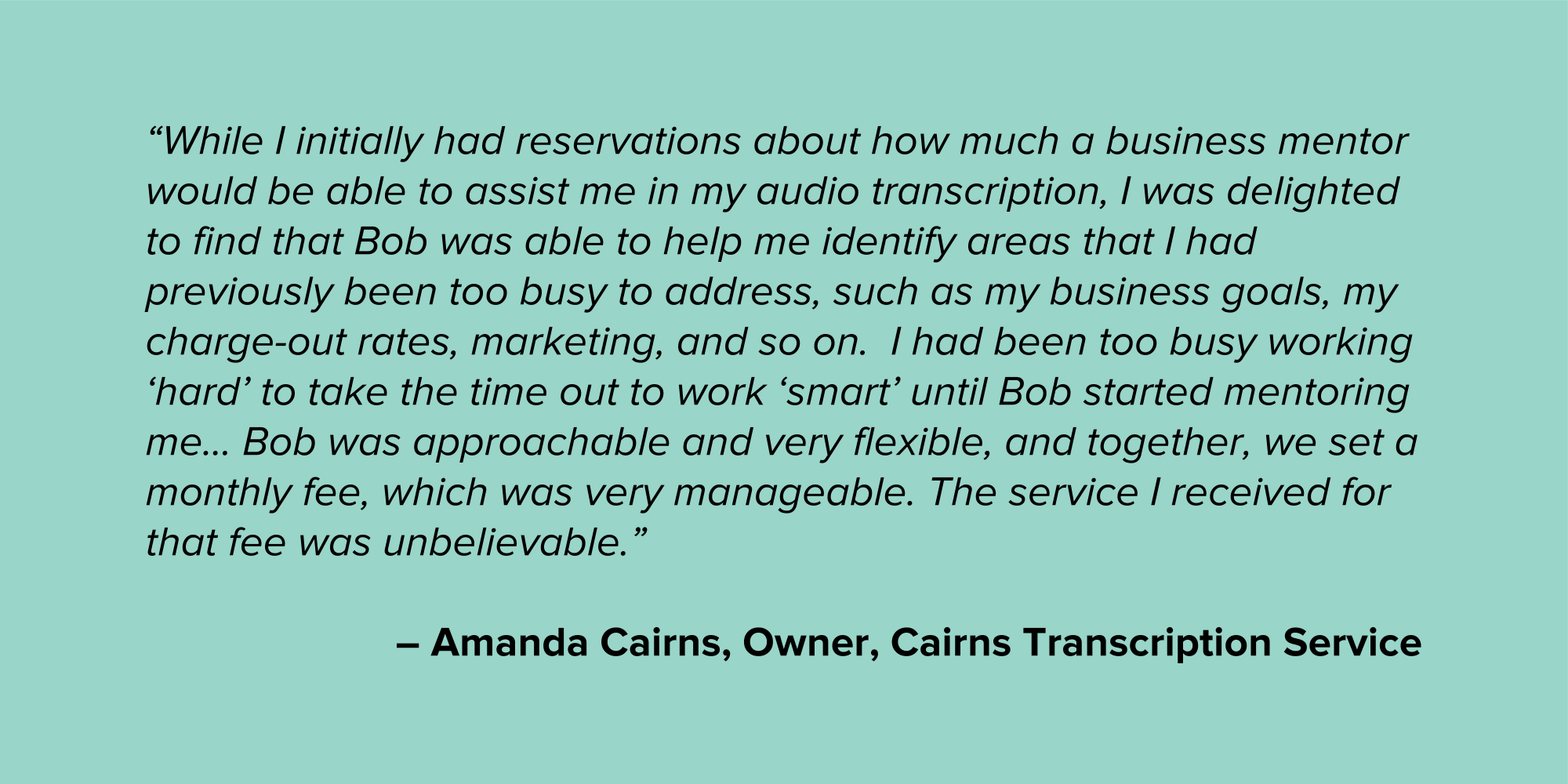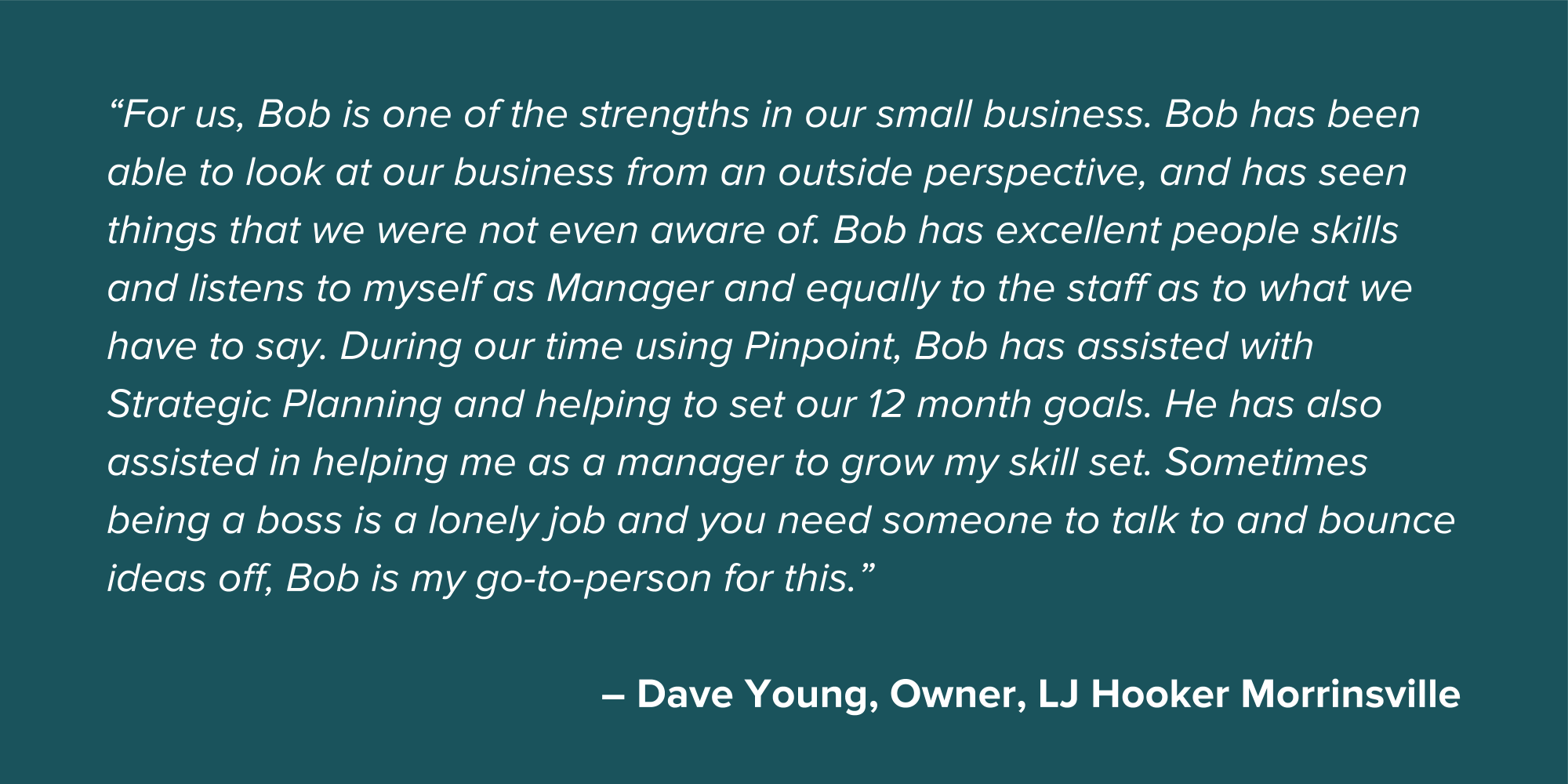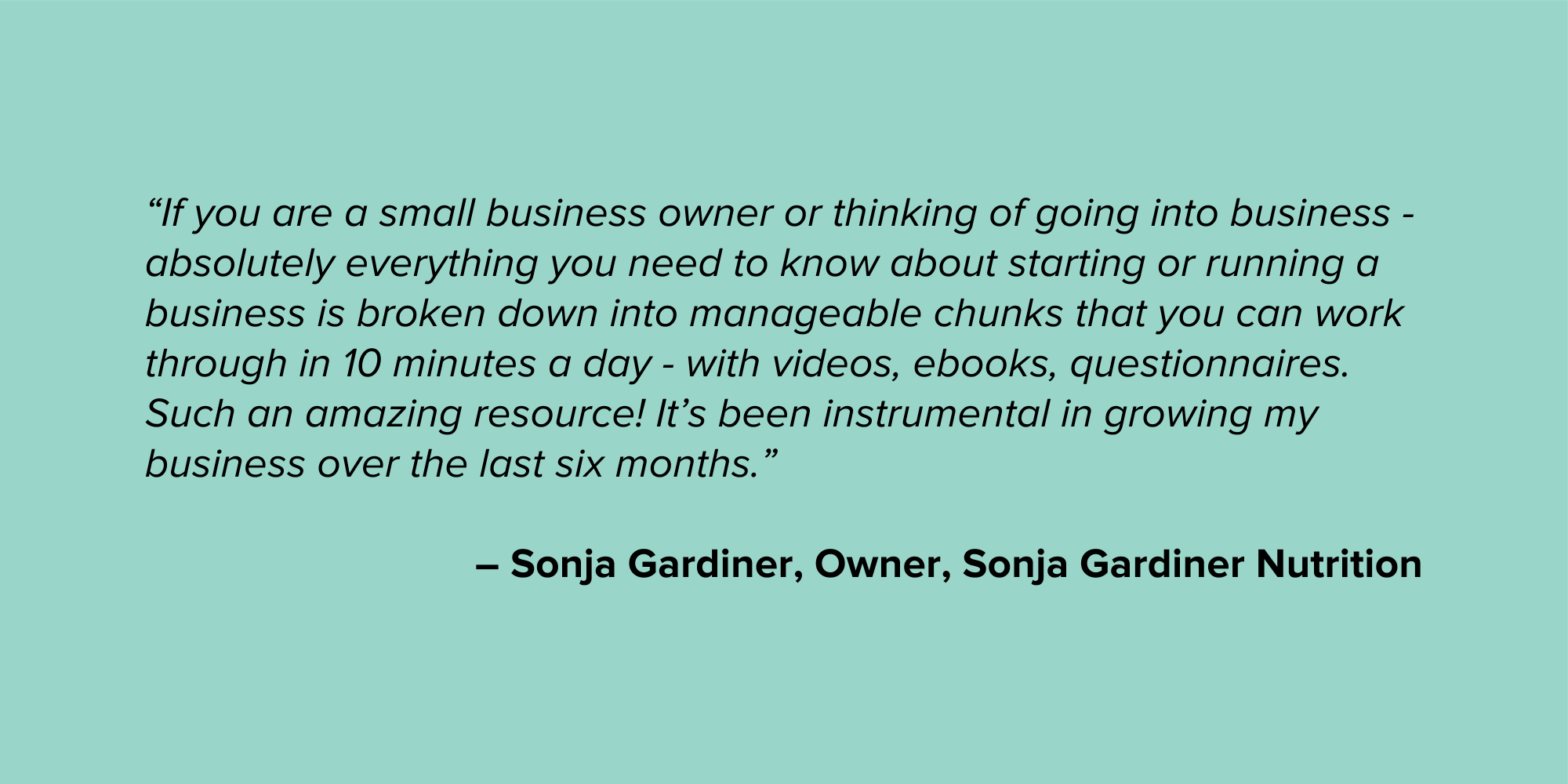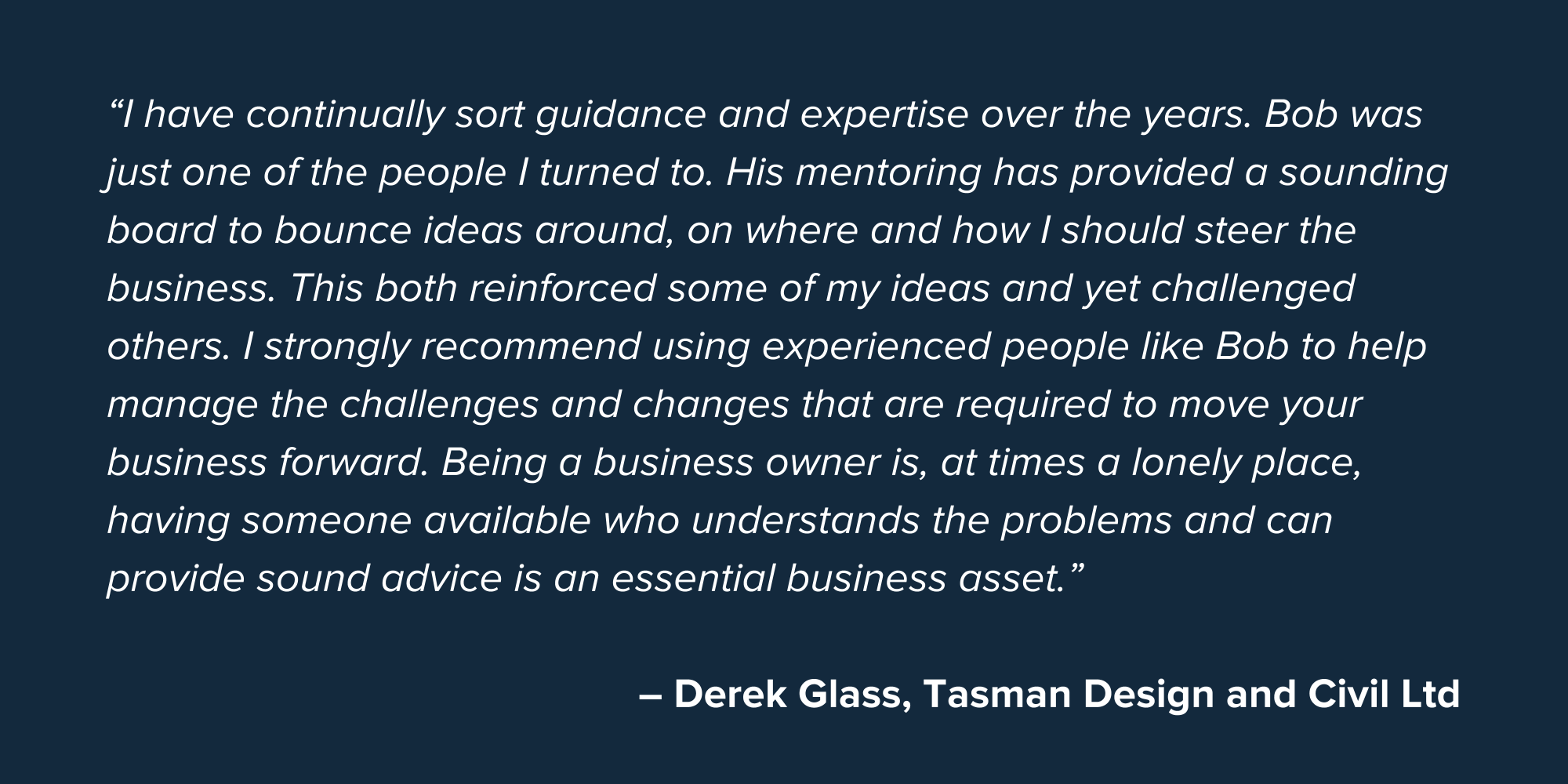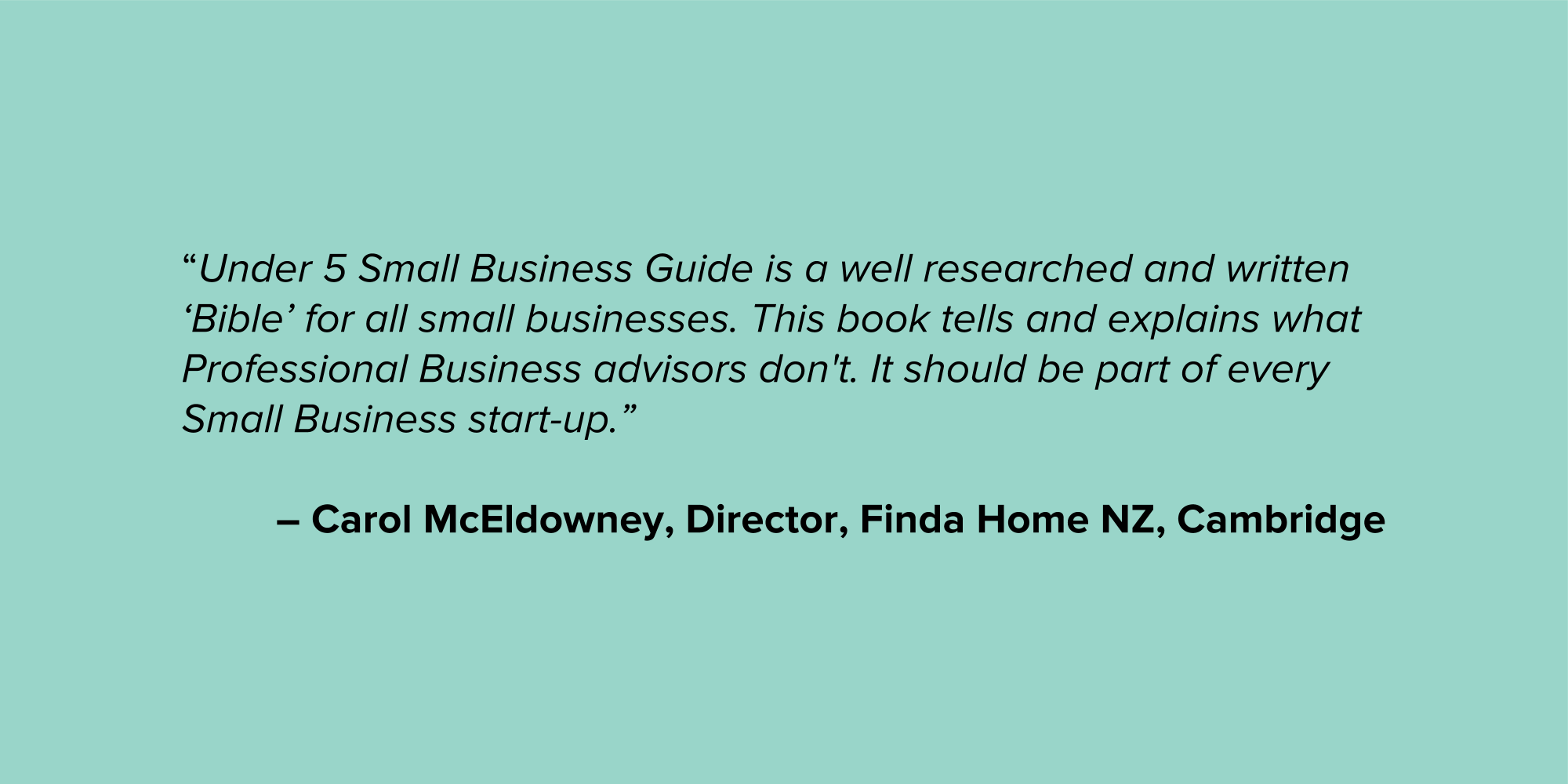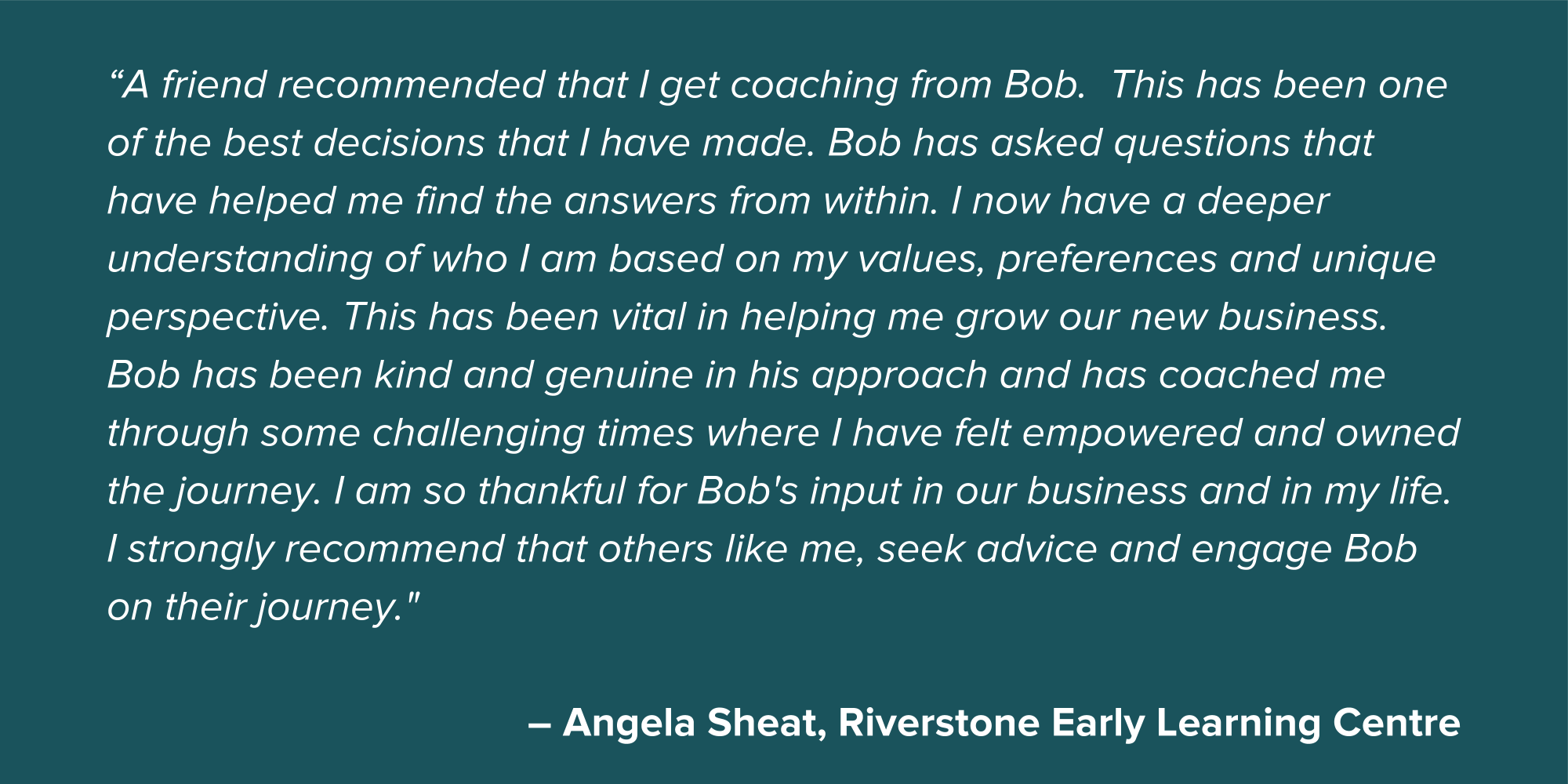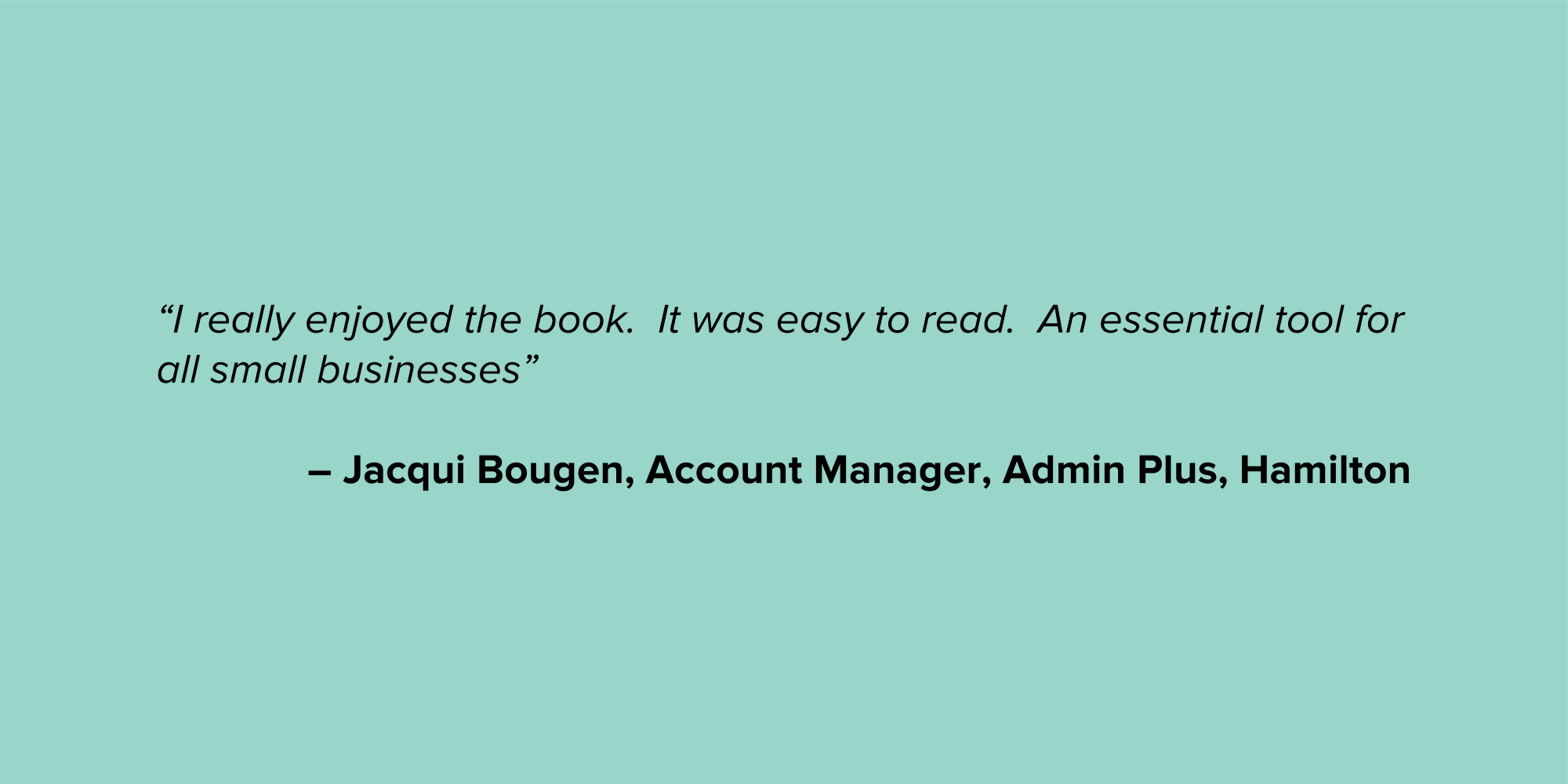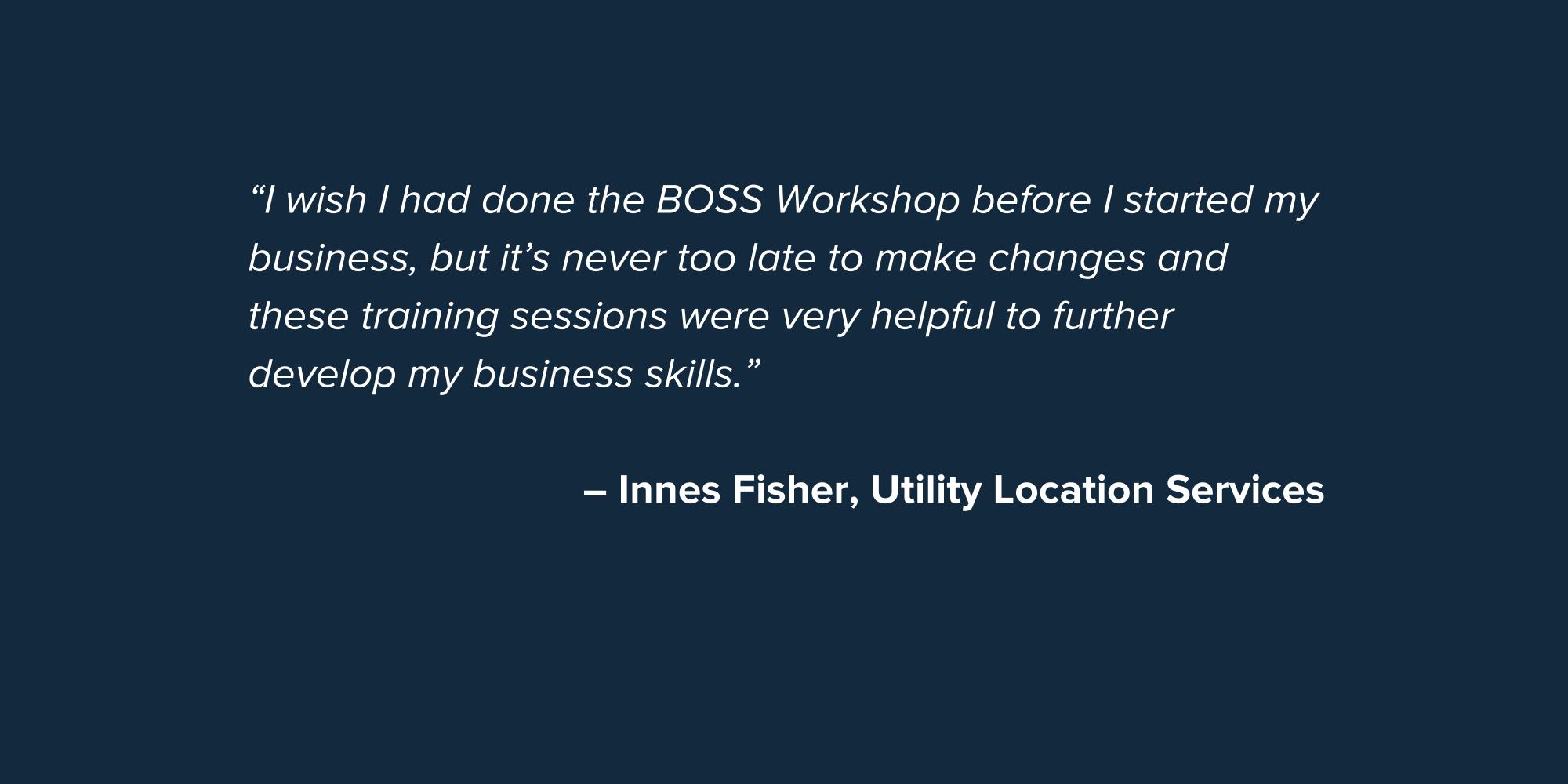Your personal and business values
In business, you will rarely have a set of prescribed ways to behave or react in different situations. You will have to make decisions with limited information. To do this, you need something to guide you on the journey, so you can make the best decisions at the time, especially when those decisions are really challenging.
You need to understand what your business stands for. When your customers, your staff and others hear about you, what will spring into their mind? What is the moral compass that will guide you and your business? What you and your business stand for is often described in your values.
The Oxford English Dictionary defines ‘values’ as: Principles or standards of behaviour; one’s judgment of what is important in life.
Often, the times we feel at our best are the times when we are living in accordance with our values. Values do not just relate to you in your personal life. The values of your business will strongly reflect your own values.
“The greatest help in meeting any problem with whatever courage is demanded is to know where you yourself stand. That is to have in words what you believe and are acting from.”
The window into your values is through your behaviours, as these will be what your customers, employees and suppliers see. Decisions to buy from you, sell to you or work for you may be greatly influenced by the values you display. If your behaviours are inconsistent with your stated values, your authenticity will be brought into serious question.
It is very important that you take time to understand and accept your values. If you don’t know what your business stands for, what will set you apart from anyone else? Why should customers become loyal to you if the basis of your business is superficial?
Values are not goals. Goals can change throughout the life of your business. Goals are something you can reach, tick off as you complete them, and then set new ones. These goals may or may not be consistent with our values. For example “to be loved” is a goal, yet “to be a loving person” is a value. Goals are time-bound, whereas values are ongoing.
Values are not feelings either, although we tend to ‘feel’ better when we are acting in accordance with our values.
We could have a very wide range of values that we fall back on in different situations. Our values can evolve and change as we grow. Our values as a pre-school child are likely to be different from those we would have as a parent!
What you need to do is narrow in on your core values. These are the three to five values that stand out from all others. They are what you will never waver from, no matter what the circumstance. You may not know what they are, but they exist within you even if you have not established them yet. Understanding them will help you achieve the success you seek in your small business.
“Values aren’t buses... They’re not supposed to get you anywhere. They’re supposed to define who you are.”
What are your personal values?
Let’s walk through an exercise to help you narrow down what your core values are. Use this simple exercise to assist.
Scribble down your thoughts when you do this exercise. Writing them down will help clarify them, allow you to more easily sort through them, and provide a list you can refer back to at a later time.
Exercise
Consider a time in your working life when you felt at your worst due to circumstances within the work environment.
- What were you feeling?
- What was happening at that time?
- How were you being treated?
- How were people around you being treated?
- What words best describe this situation?
Consider a time in your working life when you felt at your best due to circumstances within the work environment.
- Ask yourself the same questions.
Write down the individual words that best describe what comes to mind in these examples. These will be words like courage, honesty, joy, warmth, creativity, care, accountability, commitment, decisiveness, initiative, strength, service and excellence. You may come up with a long list to start with. Try to narrow these down to three to five words that represent the values you hold most strongly.
What are your business values?
Now that you have greater clarity on your personal values, narrow in on your business values. If customers were to describe your business in a word, what would you want them to say? Would it be courageous, caring, friendly, competent, authentic, innovative, creative, disciplined, detailed or competitive?
As with your personal values exercise, list all the words that represent what you believe your business stands for. Then reduce them down to three to five. There will almost certainly be some alignment between your personal and business values.
To find out more about our Strategic Planning service and how we can get you on the right track - contact us today. Otherwise simply fill in the form below and we’ll be in touch. We look forward to helping you achieve the success you seek.



